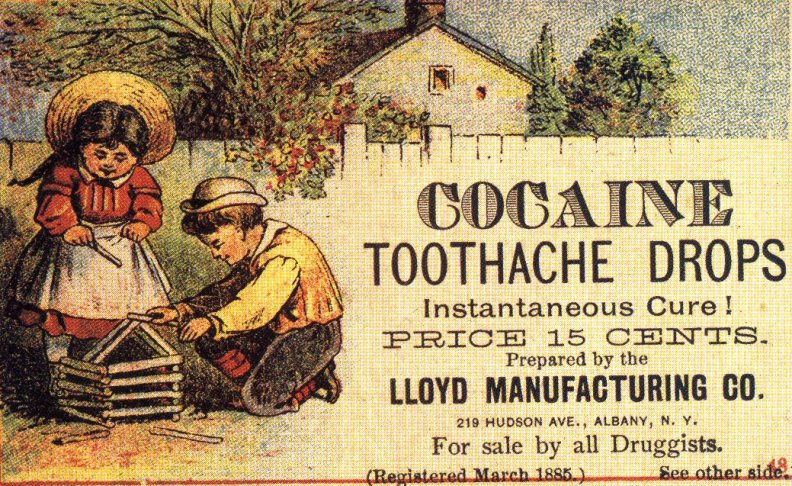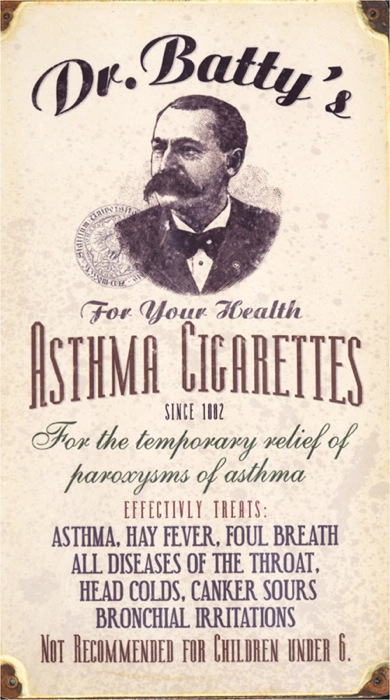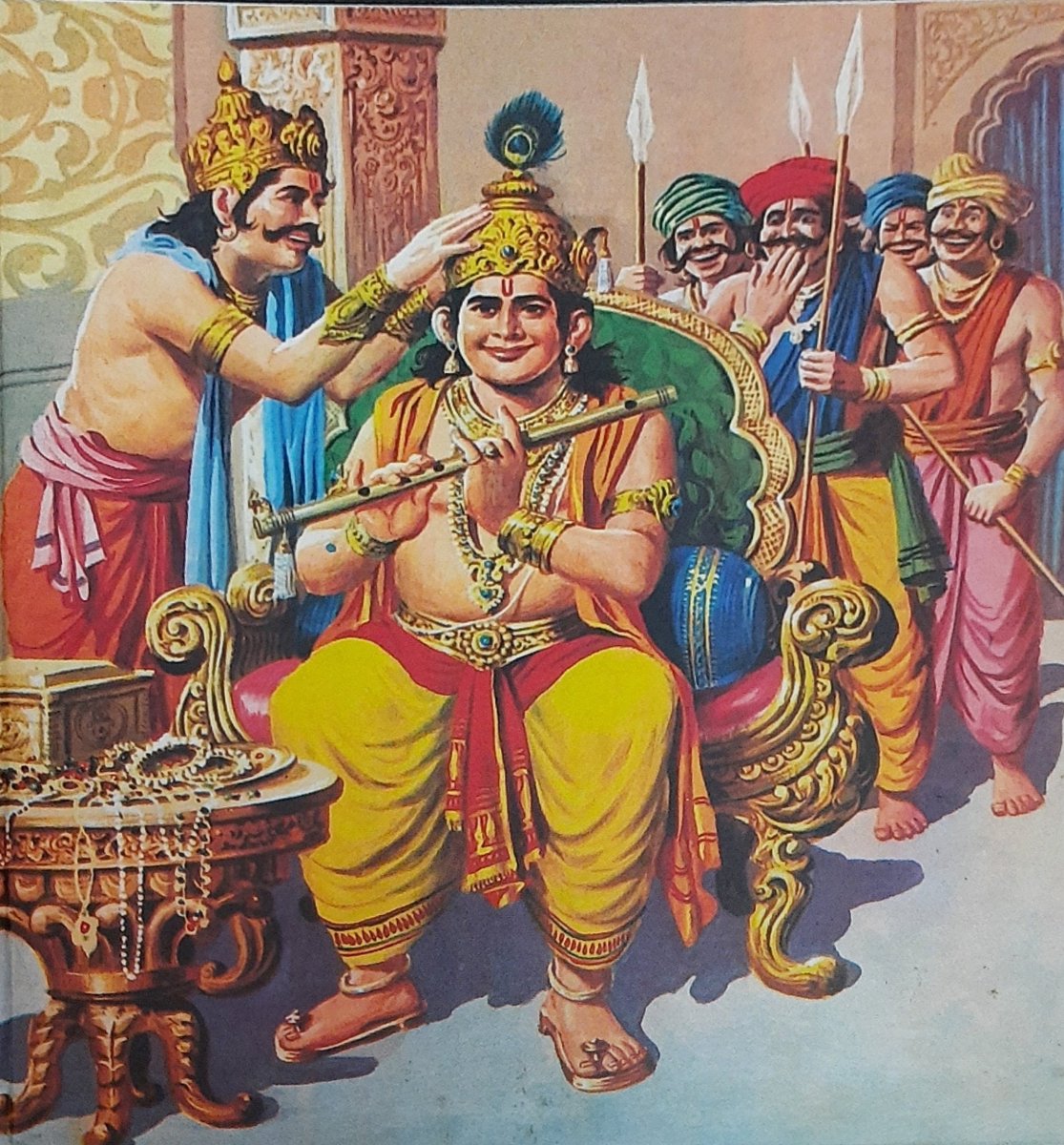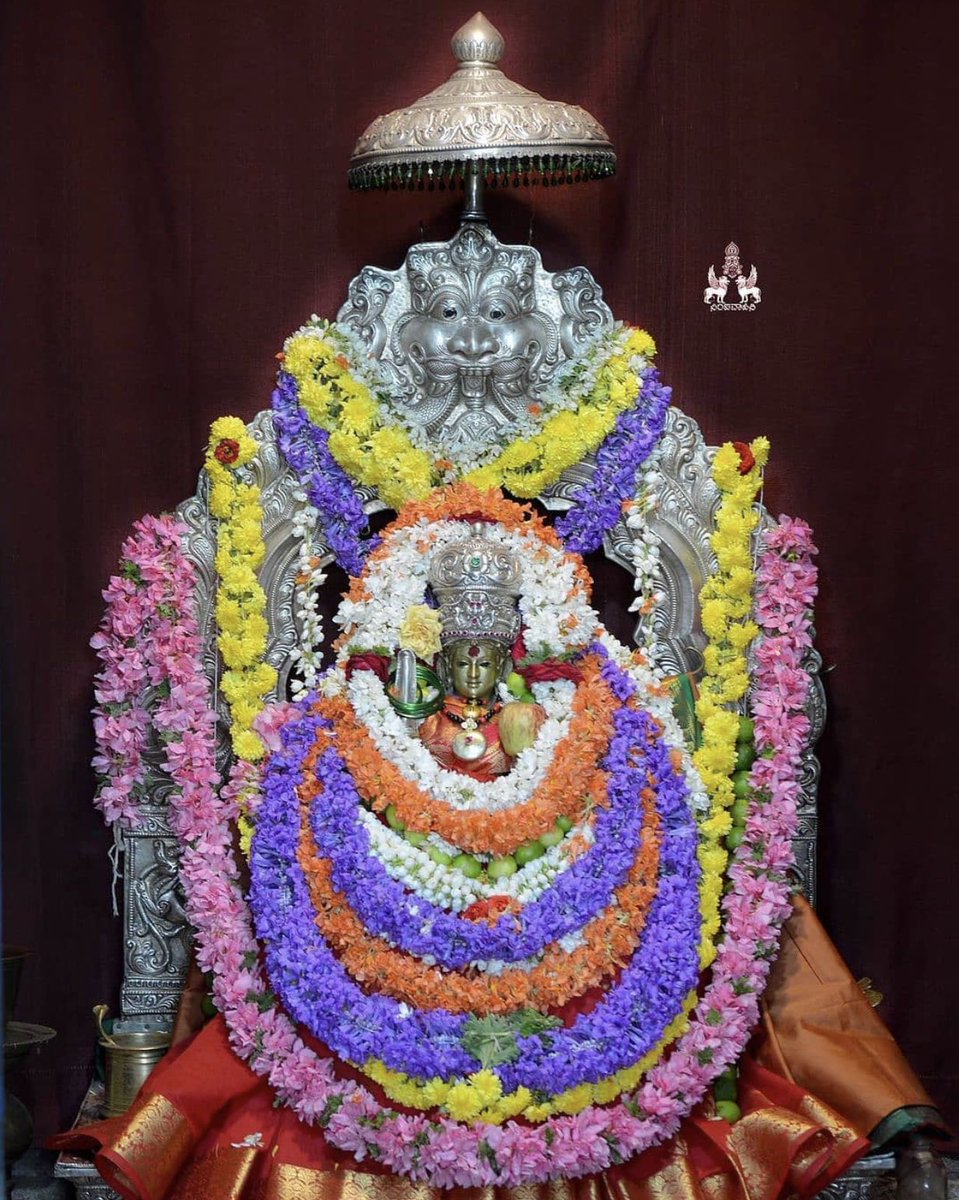Just a one hour shift in my sleep schedule can screw me up for days. 2/16
Okay, let's start this hypersomnia thread!
[note - I am not looking for unsolicited advice.]
Idiopathic hypersomnia or narcolepsy (not the same, but similar) is very hard to describe to people.
When I say "I slept 10 hours last night and I'm still tired" I'm not bragging. 1/16
Just a one hour shift in my sleep schedule can screw me up for days. 2/16
I'm going to show you ways this happens. I can usually withstand 1 day of waking up early, with some consequences, but 2 days in a row kills me. 4/16
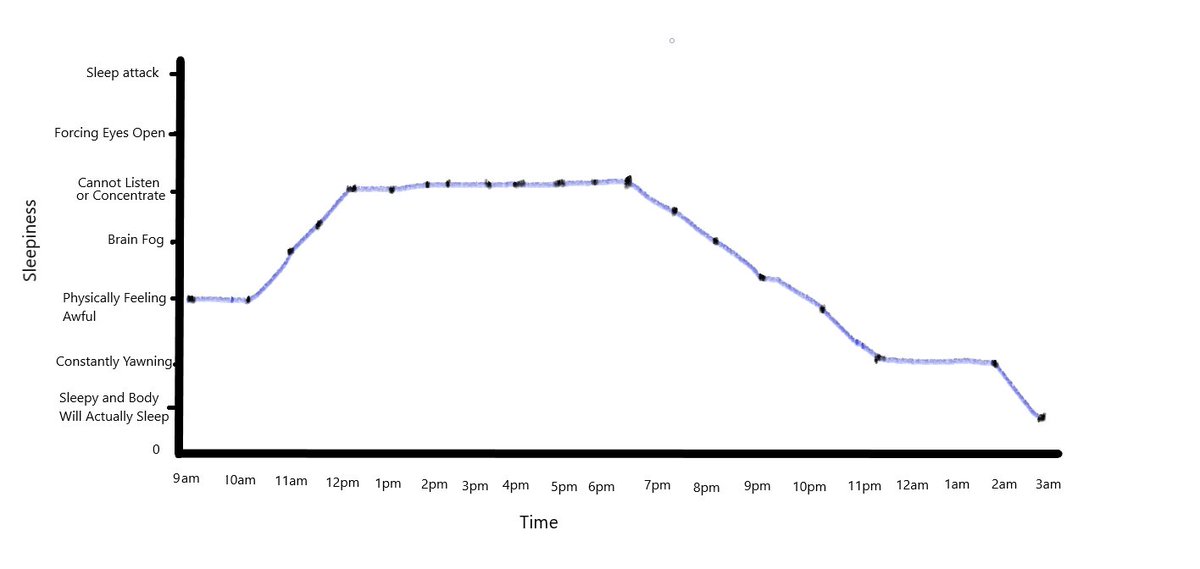
This is when I can sleep in until 11am because I do not have an event the next day. My body is not happy because of my switch in sleep cycles. It's not great, but it's not completely terrible. 6/16
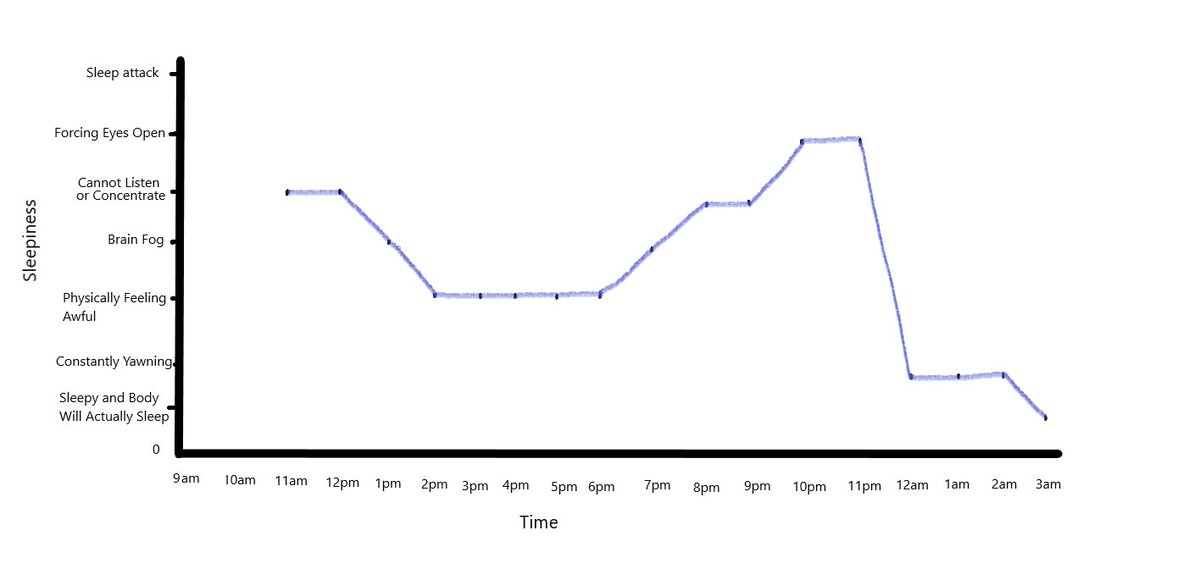
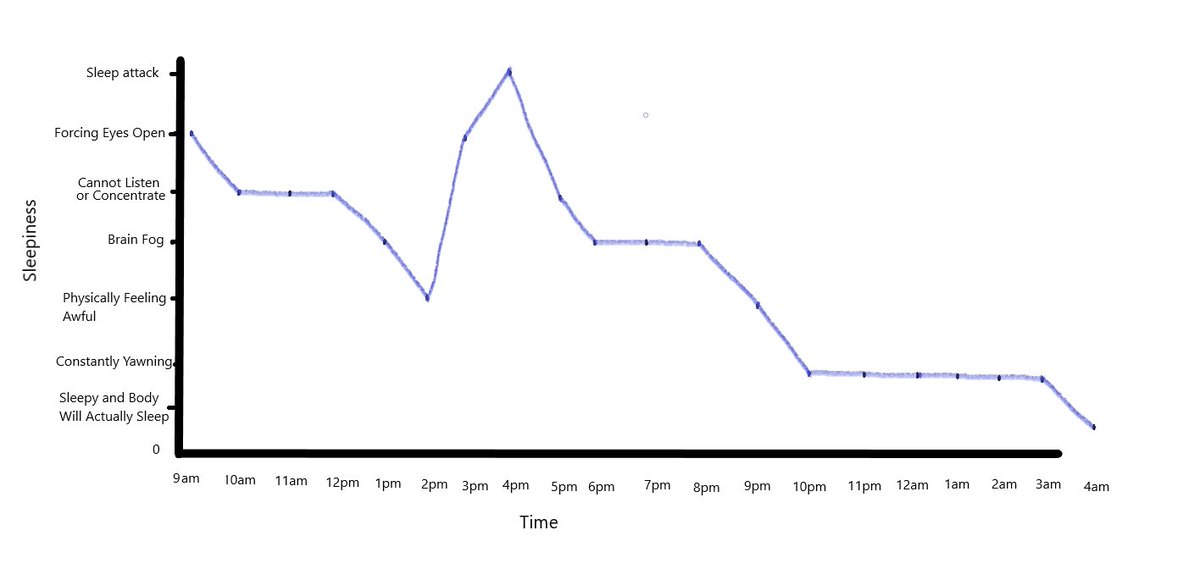
More from Health
Public Health Scholarships
This may help for those considering MS/PhD in Public Health
1. The Erasmus Mundus Joint Master Degree in Public Health in Disasters
https://t.co/1Z5qpstsSu
2. Afya Bora Global Health
3. Carl Duisberg Scholarships
https://t.co/HnNXdbWBxy
4. Commonwealth Scholarships for Developing Countries
https://t.co/3fWGf5b2OH
5. Fellowships in Public Health & Tropical
6. Fellowships to Promote Mental Health Journalism
https://t.co/MVV9PFsBJ1
7. 2021-22 Jeroen Ensink Memorial Fund
8. Paul S. Lietman Global Travel Grant for Residents & Fellows
https://t.co/qK76R495QT
9. Global Health Internships and Funding
https://t.co/FD9Gh2wXvO
10. Kofi Annan Global Health Leadership
11. MA in European Public Health
https://t.co/5x0Vr7b1j8
12. MSc in Public Health Scholarships - Maastricht University,
This may help for those considering MS/PhD in Public Health
1. The Erasmus Mundus Joint Master Degree in Public Health in Disasters
https://t.co/1Z5qpstsSu
2. Afya Bora Global Health
3. Carl Duisberg Scholarships
https://t.co/HnNXdbWBxy
4. Commonwealth Scholarships for Developing Countries
https://t.co/3fWGf5b2OH
5. Fellowships in Public Health & Tropical
6. Fellowships to Promote Mental Health Journalism
https://t.co/MVV9PFsBJ1
7. 2021-22 Jeroen Ensink Memorial Fund
8. Paul S. Lietman Global Travel Grant for Residents & Fellows
https://t.co/qK76R495QT
9. Global Health Internships and Funding
https://t.co/FD9Gh2wXvO
10. Kofi Annan Global Health Leadership
11. MA in European Public Health
https://t.co/5x0Vr7b1j8
12. MSc in Public Health Scholarships - Maastricht University,
On 18.12.2020, computer engineer @FitTuber shared @YouTube video titled "10 Safe & Useful Ayurvedic Tablets to Replace Allopathic Pills (Instant Relief)". The drugs he promoted were by @baidyanathgroup, not sure if it was paid promotion. I bought them:
https://t.co/w6Sh2pMvJf

10 drugs, details, batch numbers R given in pic👇. All by @baidyanathgroup exept 1 by https://t.co/tg46sBhJr2
We did GCMSMS, ICP-OES and FTIR analyses on these samples. Here are my 10 safer modern medicine alternatives 2 @FitTuber's untested, potentially harmful #Ayurvedic drugs
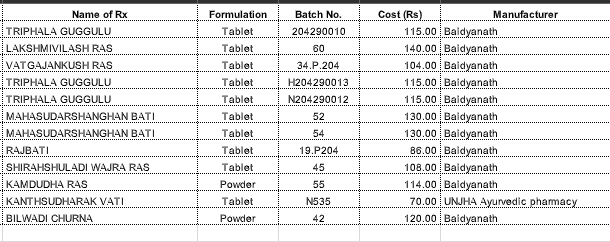
Kanthsudharak Vati by Unjha Pharma
@FitTuber: 4 sorethroat, cold, cough
Analysis: Lead 0.54 mg/kg, Cadmium 0.4 mg/kg, Thallium 0.71 mg/kg and industrial phenols.
Low values, but not ideal.
Safe alternative: Levocetrizine & non-sedative cough syrup Levodropropizine

Baidyanath Rajbati
@Fittuber: for bloating, gas
Analysis:
Mercury 1.2 mg/kg
Arsenic 2.25 mg/kg
Male anabolic hormone - hydroxy testosterone+
Curcumin
Talc powder
Safer alternative: activated charcoal+simethicone (non-absorbed, no side effects) or short course esomeprazole.
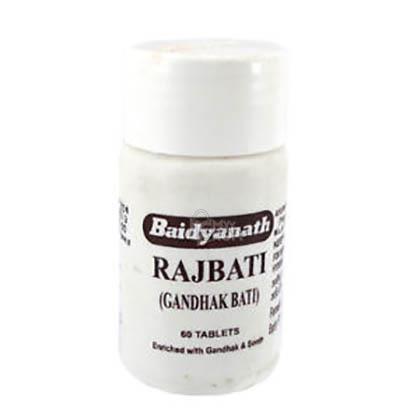
Baidyanath Bilwadi Choorna
@Fittuber - 4 diarrhoea
Analysis
Thallium 3.68 mg/kg
[fun fact: 10-15 mg/kg is lethal dose for humans. Death can occur at lower dosages] https://t.co/9ozOKROhCK
Fenretinide - synthetic anti-cancer drug
Liver toxic chromium phosph.
Safer: Racecadotril
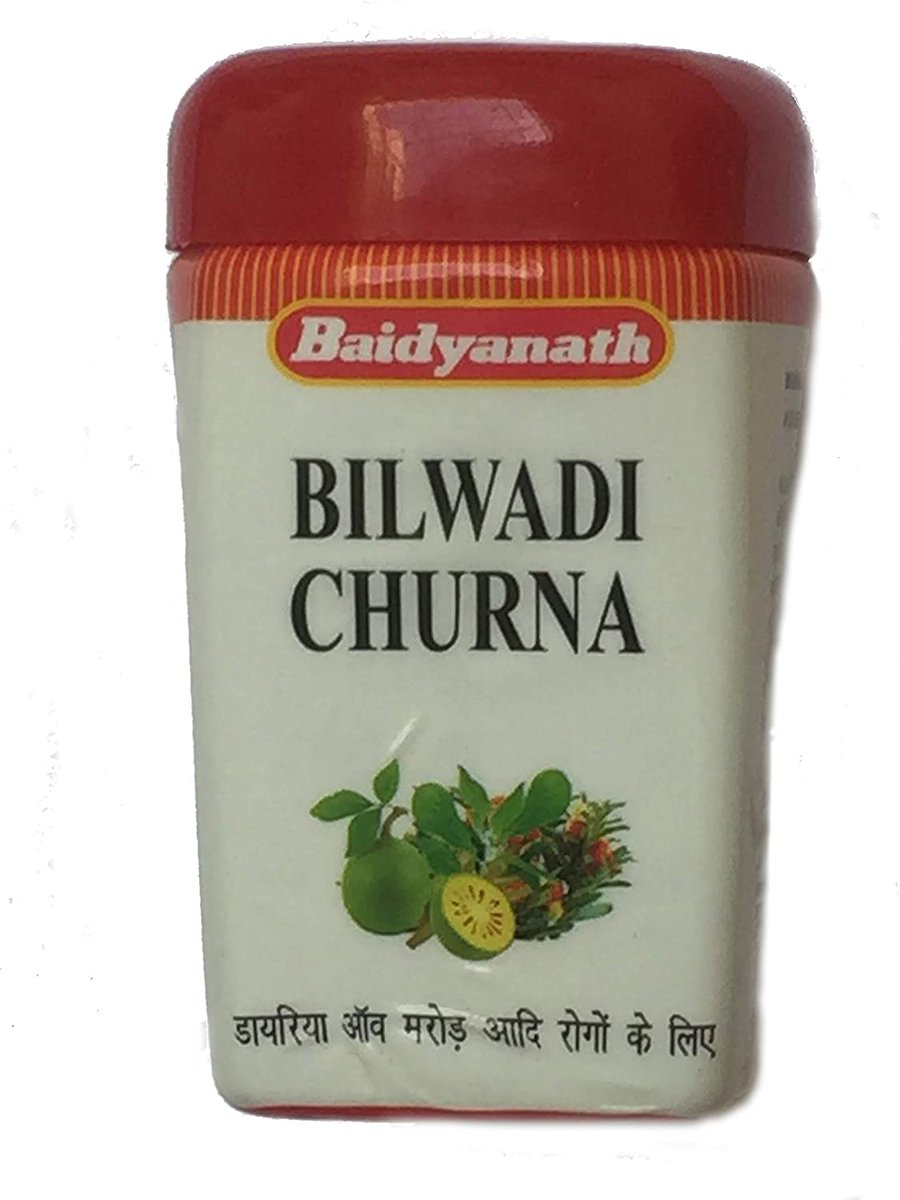
https://t.co/w6Sh2pMvJf

1
— (Cyriac) Abby Philips (@drabbyphilips) December 31, 2020
I followed @FitTuber advise and got all these #Ayurveda medicines which he outright claimed are '#safer', ''#effective' than conventional prescription drugs for day to day use. These will be tested for #safety first - will undergo GCMSMS, ICP-OES and FTIR analyses.#MedTwitter pic.twitter.com/IS2KrtsoO8
10 drugs, details, batch numbers R given in pic👇. All by @baidyanathgroup exept 1 by https://t.co/tg46sBhJr2
We did GCMSMS, ICP-OES and FTIR analyses on these samples. Here are my 10 safer modern medicine alternatives 2 @FitTuber's untested, potentially harmful #Ayurvedic drugs

Kanthsudharak Vati by Unjha Pharma
@FitTuber: 4 sorethroat, cold, cough
Analysis: Lead 0.54 mg/kg, Cadmium 0.4 mg/kg, Thallium 0.71 mg/kg and industrial phenols.
Low values, but not ideal.
Safe alternative: Levocetrizine & non-sedative cough syrup Levodropropizine

Baidyanath Rajbati
@Fittuber: for bloating, gas
Analysis:
Mercury 1.2 mg/kg
Arsenic 2.25 mg/kg
Male anabolic hormone - hydroxy testosterone+
Curcumin
Talc powder
Safer alternative: activated charcoal+simethicone (non-absorbed, no side effects) or short course esomeprazole.

Baidyanath Bilwadi Choorna
@Fittuber - 4 diarrhoea
Analysis
Thallium 3.68 mg/kg
[fun fact: 10-15 mg/kg is lethal dose for humans. Death can occur at lower dosages] https://t.co/9ozOKROhCK
Fenretinide - synthetic anti-cancer drug
Liver toxic chromium phosph.
Safer: Racecadotril

You May Also Like
This is a pretty valiant attempt to defend the "Feminist Glaciology" article, which says conventional wisdom is wrong, and this is a solid piece of scholarship. I'll beg to differ, because I think Jeffery, here, is confusing scholarship with "saying things that seem right".
The article is, at heart, deeply weird, even essentialist. Here, for example, is the claim that proposing climate engineering is a "man" thing. Also a "man" thing: attempting to get distance from a topic, approaching it in a disinterested fashion.

Also a "man" thing—physical courage. (I guess, not quite: physical courage "co-constitutes" masculinist glaciology along with nationalism and colonialism.)

There's criticism of a New York Times article that talks about glaciology adventures, which makes a similar point.

At the heart of this chunk is the claim that glaciology excludes women because of a narrative of scientific objectivity and physical adventure. This is a strong claim! It's not enough to say, hey, sure, sounds good. Is it true?
Imagine for a moment the most obscurantist, jargon-filled, po-mo article the politically correct academy might produce. Pure SJW nonsense. Got it? Chances are you're imagining something like the infamous "Feminist Glaciology" article from a few years back.https://t.co/NRaWNREBvR pic.twitter.com/qtSFBYY80S
— Jeffrey Sachs (@JeffreyASachs) October 13, 2018
The article is, at heart, deeply weird, even essentialist. Here, for example, is the claim that proposing climate engineering is a "man" thing. Also a "man" thing: attempting to get distance from a topic, approaching it in a disinterested fashion.

Also a "man" thing—physical courage. (I guess, not quite: physical courage "co-constitutes" masculinist glaciology along with nationalism and colonialism.)

There's criticism of a New York Times article that talks about glaciology adventures, which makes a similar point.

At the heart of this chunk is the claim that glaciology excludes women because of a narrative of scientific objectivity and physical adventure. This is a strong claim! It's not enough to say, hey, sure, sounds good. Is it true?


